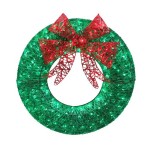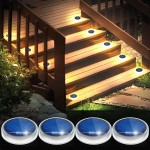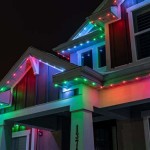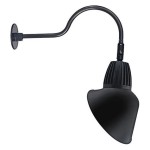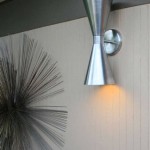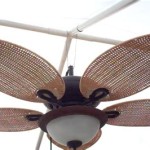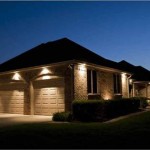Indoor vs. Outdoor Flood Lights: Understanding the Differences
Flood lights play a crucial role in illuminating expansive areas, sowohl indoors as outdoors. However, their design and features vary significantly depending on their intended use. Understanding the differences between indoor and outdoor flood lights is essential for optimal performance, safety, and longevity.
Construction and Durability
Outdoor flood lights are built to withstand harsh weather conditions, including rain, snow, and extreme temperatures. They typically feature weatherproof enclosures made from robust materials like aluminum or stainless steel to prevent damage from moisture and corrosion. In contrast, indoor flood lights are designed for sheltered environments and may have less durable enclosures.
Light Output and Coverage
The light output of flood lights is measured in lumens, which indicate the total amount of light emitted. Outdoor flood lights typically produce higher lumen outputs to illuminate large areas effectively. They also have wider beam angles to provide broader coverage, making them suitable for lighting parking lots, sports fields, and construction sites. Indoor flood lights, on the other hand, have lower lumen outputs and narrower beam angles, focusing light on specific areas within buildings.
Color Temperature
Color temperature, measured in Kelvin (K), determines the warmth or coolness of light. Outdoor flood lights often emit a cooler, bluish-white light (4000K or higher) for enhanced visibility and detail. This is beneficial for safety and security applications. Indoor flood lights, however, may use warmer, yellowish-white light (2700K-3500K) to create a more comfortable and inviting ambiance.
Mounting Options
Depending on the installation location, flood lights require different mounting options. Outdoor flood lights usually come with sturdy mounting brackets or poles to withstand wind loads and provide secure installation. Indoor flood lights, on the other hand, may have less robust mounting mechanisms, such as swivel joints or flush-mount designs, suitable for mounting on walls or ceilings.
Energy Efficiency
Energy efficiency is an important consideration for both indoor and outdoor lighting. Outdoor flood lights typically use high-output, energy-intensive lamps such as metal halide or LED bulbs. Indoor flood lights, however, can benefit from energy-efficient options like fluorescent or LED bulbs that consume less power while providing adequate illumination.
Conclusion
Choosing the right flood light depends on its intended purpose and installation environment. Outdoor flood lights are designed for durability, high light output, and withstand weather conditions. Indoor flood lights focus on providing comfortable lighting, energy efficiency, and may have narrower beam angles. Understanding these differences ensures optimal lighting performance, safety, and longevity, enhancing visibility and creating the desired ambiance.
What Is The Difference Between Indoor And Outdoor Lighting Bbier Ledlighting Quora

Led Flood Lights What You Need To Know

Spotlights Vs Floodlights The Difference Explained Super Bright Leds

Led Floodlight Vs Spotlight Which One Is Better Agc Lighting

Led Floodlight 101

Ultimate Guide To Flood Lights Lighting Style

What Wattage Is Best For Outdoor Flood Lights Ledmyplace

How To Choose Proper Led Indoor Flood Lights

Indoor Vs Outdoor Lighting Are They Interchangeable Kirby Electric

Led Flood Light Wide Angle 50w For Commercial Landscape Lighting Aspectled

